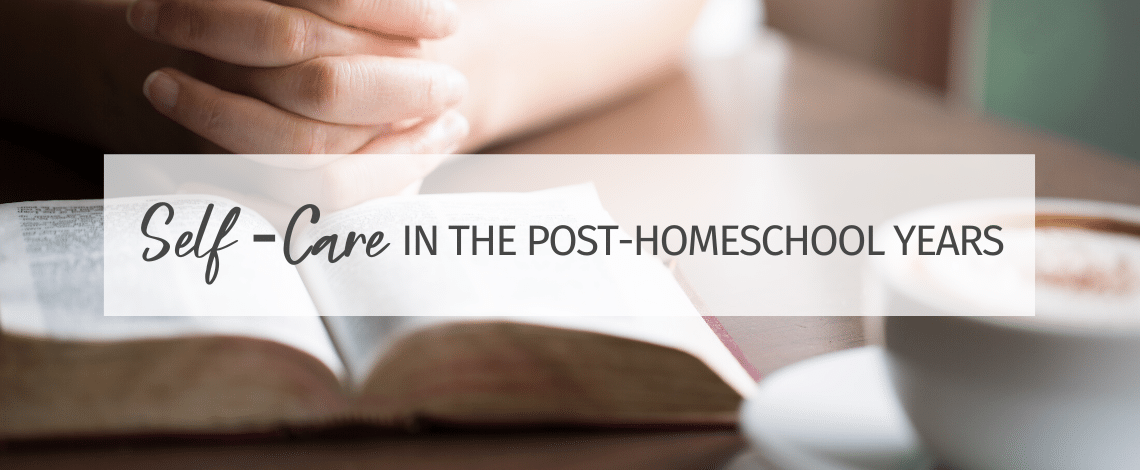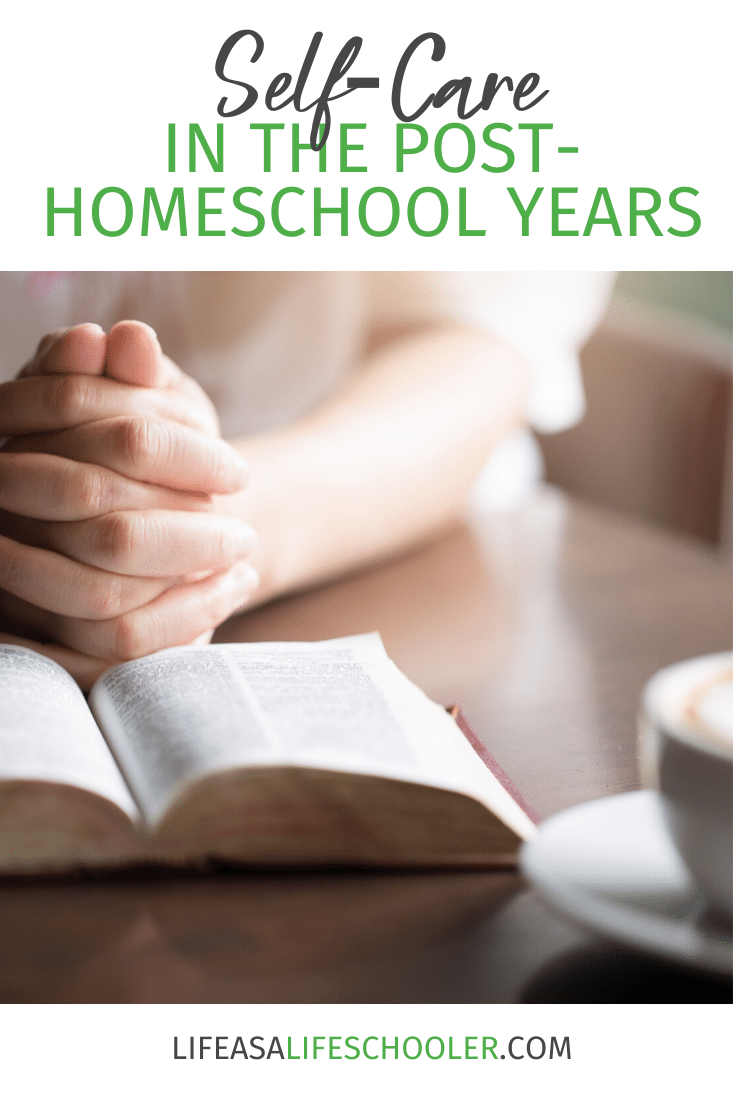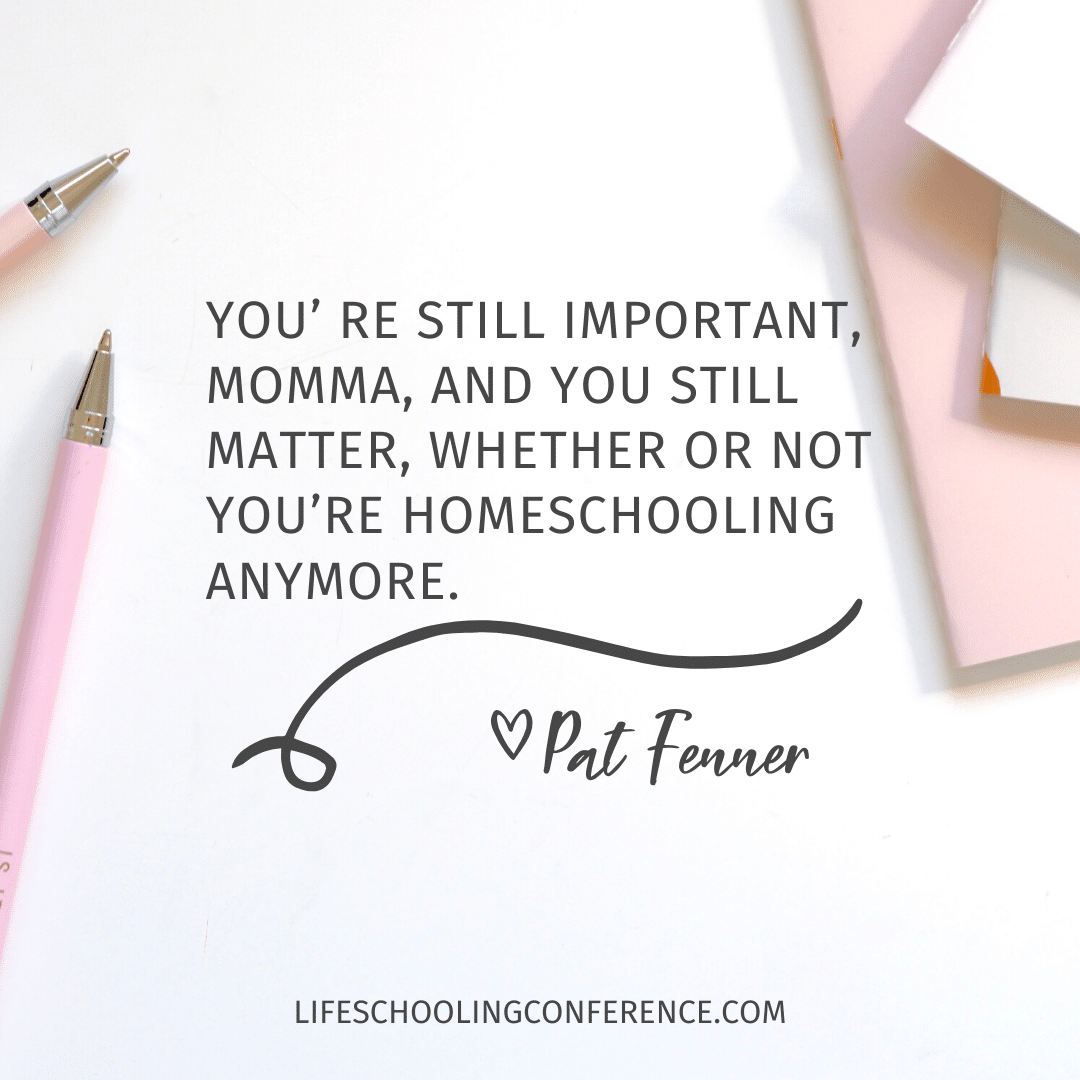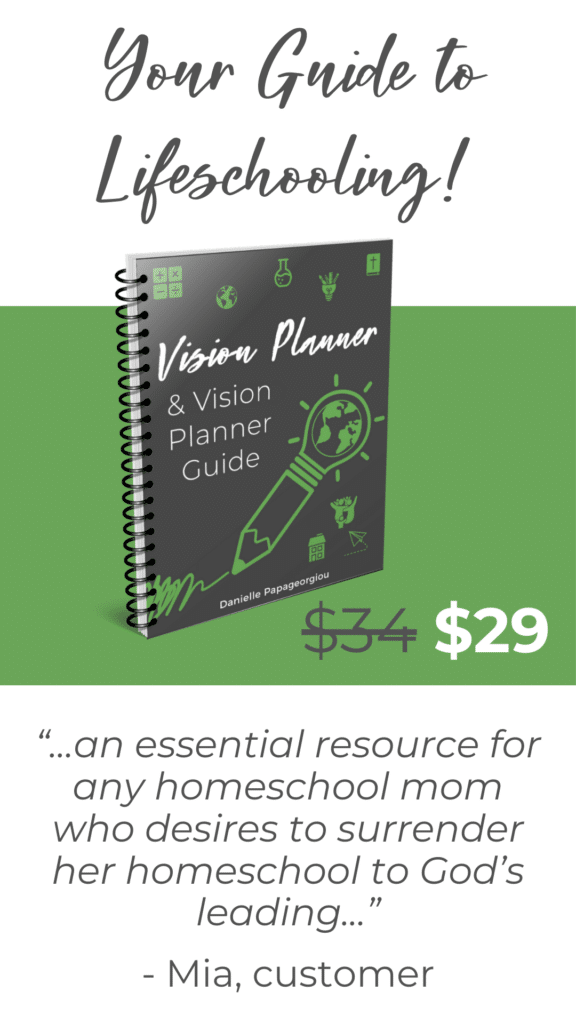Each year, the month of February paints our landscape red and creates lots of Hallmark-induced opportunities to express the love we feel for friends and family alike. Lots of articles – online and in print – will give us cute little tips and ideas for showing our love to our spouses, kiddos, and “besties.” There’s no escaping it!
However, generally speaking, we don’t see too much about how to show ourselves a little love. And as we age (and I say this from personal experience) the concept is presented less and less…
So today let me give you a few tips for showing yourself a little self-love and self-care when you find yourself in the empty homeschool nest years.
Why Self-Care Matters in this Stage
Yes, there are days here and there when us homeschool moms feel a tad under-appreciated or over depended-upon. But when moms are in the throes of the homeschooling years, there are also those sweet-and-unexpected moments when the kids shower you with a heartfelt display of love. Or your spouse may see the results of a string of less-than-stellar days and spring a surprise dinner date or day at the spa (hope you’re reading this, too, hubbies!).
However, just because you’re not homeschooling anymore doesn’t mean you no longer need your bucket filled or that you don’t experience your fair share (or more) of stress. It’s just that it may not be as obvious to the people around you. Which is a huge distinction.
You’re still important, momma, and you still matter, whether or not you’re homeschooling anymore. And to that end, let me help you keep a pulse on taking care of yourself during this stage, and ways to ensure you do so.
4 Crucial Areas of Self-Care for the Post-Homeschooling Momma
OK, so these aspects are important for moms in any stage of the journey, but with the quieter household, fewer demands on your time, and fewer eyeballs around to recognize and respond to your needs, you have both the responsibility and privilege of taking care of yourself – no negative self-talk, self-judgment or “momma guilt” allowed!
The focus on this approach is good health – and you (in combination with your doctor) know best what that looks like for you. The point is to be doing something every day! Baby steps may be all you can do right now, and that’s ok. Extend yourself a little grace, and I will, too, ok?
1. Emotional Health
This may be an elusive area but it’s really important. Did you know that women ages 40 to 59 have the highest rate of depression (12.3 percent) of any group based on age and gender in the U.S.? source Your emotions and spiritual health combine to form the framework, so to speak, of a healthy person. From the get-go, let me encourage you to adopt the attitude of “I get to…” in this stage of life, rather than “I have to…” A positive spin on your activities and to-do list will make all the difference in your quality of life. Some questions to ask yourself to judge how you’re addressing this area are:
- Do I express my needs and wants clearly and firmly to those I love?
- Do I respect others’ boundaries and request their respect for mine?
- Do I make time to be with significant people in my life?
2. Spiritual Health
At our core, we are spiritual beings. Furthermore, as Christians, we are indwelt with the Holy Spirit. So it’s vital that we care for this room in our temple. One thing to be grateful for in this stage of life is that we do have a bit more space for daily quiet time with prayer and Bible study. No more young ‘uns clamoring to be picked up, or teens who truly need our one-on-one time. Even if you’re not a morning person, I’d encourage you to do your best to start the day off on the right foot. I promise you’ll see the difference self-care makes!
3. Physical Health
You’ve made it this far, momma, and now’s not the time to neglect your physical health! Of course, if you’re just starting an exercise regimen now, it’s best to consult your doctor first. But at the very least, you can incorporate walking and stretching into your daily routine. Add more fruits and vegetables into your meals and snacks (really, it’s almost impossible to have enough of either), ensure you get enough calcium and vitamin D, and get at least 7 hours of sleep each night. Other things you can do to stay physically healthy include scheduling medical checkups (dental, vision, and gynecological), and getting together with friends (yes, that affects your health, too!).
4. Intellectual Health
Hey, don’t forget your brain! Just because you may not be teaching anymore doesn’t mean you’re no longer learning. I always told my kids that learning only stops when you’re dead (pardon the morbidity). Keeping your mind active includes practicing old skills or learning new ones, reading, creating, visiting museums or attending concerts – whatever helps make connections and creates cognitive activity. In the course, I teach for retired homeschool moms, “The Empty Homeschool Nest Blueprint,” I suggest (at minimum) reading a book per month.
Now, I know all that’s a lot, isn’t it? Would you like a printable checklist to make it easy-peasy to keep a pulse on how you’re doing in all these areas? Follow this link and I’ll send you an instant download. And in the meantime, celebrate Valentine’s Day all year ‘round by showing yourself some love and exercising some of these self-care tips! You won’t regret it…
- Considering Lifeschooling High School? - June 15, 2020
- Homeschool Organizing: Cleaning out the “homeschool house” - June 1, 2020
- Celebrating the Passover - March 16, 2020





